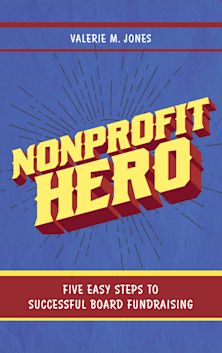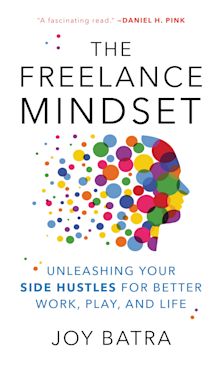The Brain-Friendly Workplace
Why Talented People Quit and How to Get Them to Stay
The Brain-Friendly Workplace
Why Talented People Quit and How to Get Them to Stay
This product is usually dispatched within 10 business days
- Delivery and returns info
-
Flat rate of $10.00 for shipping anywhere in Australia
Description
WALL STREET JOURNAL BESTSELLER
A smart, science-based approach to retaining your talent and making the world of work a better place.
Today’s work isn’t working. Stress and burnout are driving talented professionals out of the workforce while the corporate standard of extreme hours, sleep deprivation, and nonstop travel proves unsustainable. But innovative leaders are using this once-in-a-century opportunity to create a future of work that’s better for everyone.
The workplace of tomorrow is a hybrid ecosystem that thrives on flexibility and diversity of thought, enabling all employees to reach peak performance. Every person’s brain is different and by taking an inclusive view towards neurosignature diversity, organizations can get a competitive advantage.
In The Brain-Friendly Workplace, Friederike Fabritius offers a science-based and field-tested blueprint for tomorrow’s workplace. Leaders capable of enacting change or individuals searching for ways to work smarter will discover that even small and inexpensive changes can lead to advantages like better employee performance, higher job satisfaction, and stronger talent retention. If you have been longing for a better way of working where you and your people are both happy and productive, The Brain-Friendly Workplace can make that vision a reality.
Table of Contents
Foreword
Acknowledgements
Introduction
Chapter 1: The Neuro Gap
Interview: Julie Linn Teigland, EY EMEIA Area Managing Partner
Chapter 2: Your Neurosignature: The Good, the Bad and the Ugly
Interview: Dr. Scott Barry Kaufman, cognitive scientist, author and host of The Psychology Podcast
Chapter 3: Outcome Culture
Interview: Stephan Aarstol, Tower Paddle Boards CEO
Chapter 4: Fun, Fear and Focus
Interview: Dr. Janin Schwartau, thyssenkrupp Global Head of Learning
Chapter 5: Nurture Your Neurobalance
Interview: Arianna Huffington, Thrive Global CEO
Chapter 6: Good Stress
Interview: Dr. Hubertus Meinecke, BCG Managing Director & Senior Partner; Chairman, Western Europe, South America and Africa
Chapter 7: Wired to Be Tribal
Interview: Dr. John Medina, Brain Rules author and molecular biologist
Chapter 8: The Social Neuro Gap
Interview: Claude Silver, VaynerX Chief Heart Officer
Chapter 9: What About the Kids?
Interview: Amber Grewal, BCG Global Head of Talent and Recruiting
Chapter 10: Group Flow: The Antidote to Groupthink
Interview: Jeff Furman, President of the Ben & Jerry’s Foundation
Bibliography
Notes
Index
About the Author
Product details
| Published | 11 Oct 2022 |
|---|---|
| Format | Hardback |
| Edition | 1st |
| Extent | 248 |
| ISBN | 9781538159538 |
| Imprint | Rowman & Littlefield |
| Illustrations | 27 b/w illustrations |
| Dimensions | 218 x 149 mm |
| Publisher | Bloomsbury Publishing |
Reviews

ONLINE RESOURCES
Bloomsbury Collections
This book is available on Bloomsbury Collections where your library has access.


































